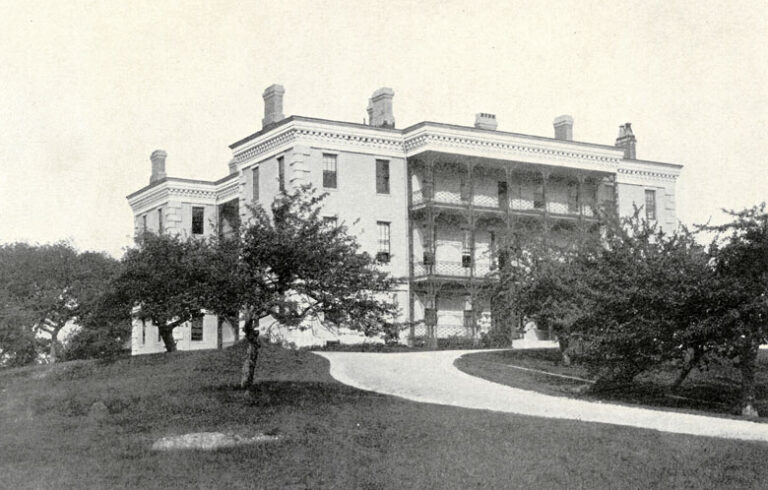A couple of months ago I saw a news item about human remains being discovered in Gorham, just west of Portland. I looked for the follow-up story, and it turned out the remains were traced to someone who had recently gone missing and no “foul play” was suspected.
What interested me was tied to one of the first big stories I covered while at the weekly paper in Belfast. On Labor Day weekend of 1988, a man from Lexington, Mass. claimed he and his wife were taking an impromptu trip to Bar Harbor and stopped at the Belfast Renys store for her to use the bathroom. She never returned to the car, where he was waiting.
Inconsistencies emerged. Why Renys, and not the nearby McDonald’s? The husband purchased several negligee items for her at the Renys while waiting for her return and put them in her suitcase. Why?
He … decided to report her missing in Belfast, thinking a small-town police department would be easy to deceive.
One of the couple’s children was due to arrive in Lexington for a visit, so it seemed an odd time to head to Maine. The husband claimed the couple had a fight, reconciled, and decided to visit Bar Harbor.
I spoke to the couple’s two adult daughters when they went public with their belief that their father had killed their mother. Blood was found on carpet in their bedroom, and her hair was found on an outside step. The body was never found.
My theory was that the husband killed her during a conflict and then disposed of the body somewhere between his home and South Portland, where he spent the night in a motel. He then decided to report her missing in Belfast, thinking—I theorized—that a small-town police department would be easy to deceive.
In fact, Belfast had, and still has a first-rate police department. The chief told me privately that officers from Lexington and Belfast were questioning the husband and it appeared he was close to confessing, but a Lexington officer told him there was witness who saw him putting something that looked a body in the trunk of his car.
The man’s demeanor immediately changed and he refused to answer any more questions because, the chief explained, the couple’s garage was attached to the house, and so it was clear a witness didn’t exist.
What does this have to do with life here on the Maine coast? Well, I think crime will always be a factor in how we evaluate our communities. Crime certainly becomes a political issue around elections, and it seems candidates are able to easily frighten voters with distorted accounts of the state of crime.
And news media are culpable in this distortion.
We see how cable news provides breathless coverage when a young, attractive, often blonde woman goes missing.
Never mind that more women of color go missing. Child abductions also generate wall-to-wall TV coverage.
Yet in a country with a population of more than 320 million, these cases are aberrations, statistically insignificant.
When we first bought land in Belfast in 1984, I was shocked and worried to see reports of cocaine-related murders in the area. What had we done, planning on settling here?
It took some time, but I finally took comfort in the fact that this violence, though abhorrent, was not random. When I became a reporter in town, I saw this borne out in the weekly police blotter, especially as the chief would tell me, off the record, the back story—a score being settled, a jealous boyfriend, a drug deal gone bad, a party that got out of control.
I would not want to live in a community in which I would be fearful walking down a street at night. And so I am comfortable remaining in Belfast. Drugs, and our seemingly insatiable appetite for them, have spurred disturbing acts of violence in Portland, but again, victims are mostly involved in this illicit business.
In fact, Maine’s violent crime rate is the second lowest in the nation, with 1.1 incidents per 1,000 people. The property crime rate is fourth-lowest per capita, at 12.4 (the national rate is 20.7).
Just before my parents retired to Maine from New York, a woman was robbed in a grocery store parking lot there at 10:30 a.m. It was the store at which my mother shopped. I urged my parents to hasten their move to Maine.
Crime is a legitimate quality-of-life issue. We must invest in our local police, and we must urge them to adopt proven community policing methods. But let’s not elevate fear beyond its potential threat.
Tom Groening is editor of The Working Waterfront. He may be contacted at tgroening@islandinstitute.org.





